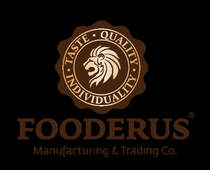AuthorEvans Osemwegie ArchivesCategories |
Back to Blog
Investing in Agricultural Land Part III14/9/2020 Good day everyone. Today, I will delve more into the concept of trust, as both an asset management and tax mitigation vehicle.
0 Comments
Read More
Your comment will be posted after it is approved.
Leave a Reply. |

 RSS Feed
RSS Feed
